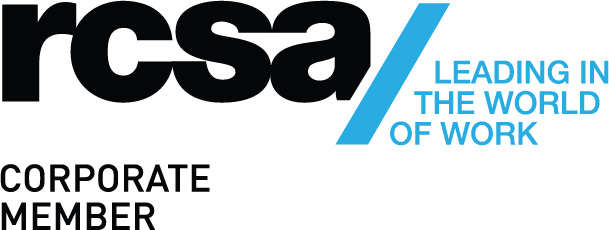Replying to company-wide emails, unclear subjects, sending emails in the middle of the night or bcc’ing without approval, the list of email habits that are unfavourable in the workplace feels like it’s never-ending. Below we chat through some common email habits that you should break at work if you’re currently doing them and why.
(NO SUBJECT) Emails
Most people’s email inboxes are not only constantly receiving and sending emails but also, we very often need to refer to old emails for a multitude of reasons. If an email has the subject (NO SUBJECT) or “hello” or something else irrelevant to the content of the email, it becomes difficult for the receiver to not only search it if they need to refer to it later on but also when prioritising your emails these untitled emails usually sit at the bottom of priority as the content of the email is unclear and on occasion they can be missed completely.
The BCC & CC Debate
BCC and CC’ing is used for a multitude of reasons in the workplace, but it is common courtesy that if you are going to bcc or cc someone into an email that the person has context as to why they are being included in the thread. It’s also important to be mindful of the frequency you BCC people into your email threads as if you are consistently doing so it can convey distrust and secrecy as it opens up the question to that person “How often are people BCC’ed into our emails”.
The company wide reply all
Your emails are a communication tool and although it is great to receive companywide updates it’s vital to be mindful of the volume of everyone’s inbox. The rule of thumb for clicking “Reply All” to a group email would be if there is a necessity for everyone in the thread to receive your response and if there’s not then just select the people you want to congratulate, ask a question to, or discuss further with.
URGENT emails that aren’t urgent
An urgent work email should really consist of something that will have a detriment to the completion of a task, project or be an important issue you wish to discuss as a priority. Remember that sometimes what may feel like a priority to you is not necessarily an urgent matter to your manager, colleague, or supplier. If you are renowned for putting “Urgent” on all your email subjects, when the matter is actually urgent it may be disregarded. If you are unclear or want to understand what an urgent email would be, never hesitate to chat with your manager so they can explain to you the kinds of situations where they would expect things to be raised with them urgently.
If you’re interested in finding a new job or career and would like some assistance or advice. Please don’t hesitate to reach out to the team at Woodforde Group.








